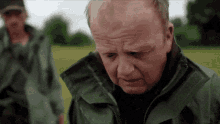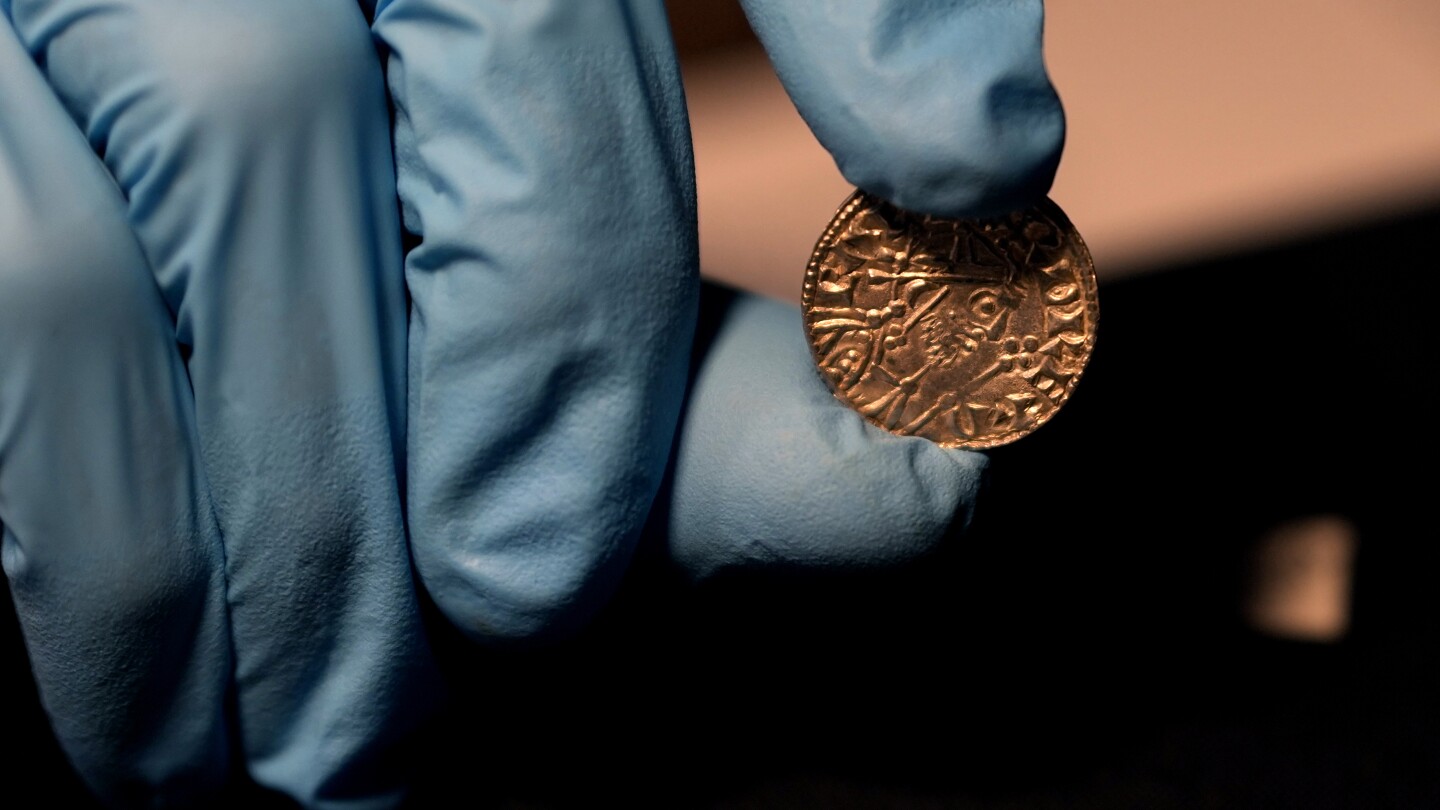- cross-posted to:
- [email protected]
- [email protected]
- cross-posted to:
- [email protected]
- [email protected]
Adam Staples knew he’d found something when his metal detector let out a beep. And then another. And another.
Soon “it was just ‘beep beep, beep beep, beep beep,’” Staples said.
In a farmer’s field in southwest England, Staples and six friends had found a hoard of more than 2,500 silver coins that had lain in the ground for almost 1,000 years. Valued at 4.3 million pounds ($5.6 million) and now bound for a museum, they will help shed light on the turbulent aftermath of the Norman conquest of England.
…
Michael Lewis, head of the Portable Antiquities Scheme — a government-funded project that records archaeological discoveries made by the public – said it is “one of the most spectacular discoveries” of recent years, especially because “its story is yet to be fully unraveled.”
Lewis said the coin hoard will help deepen understanding of the most famous date in English history: 1066, the year William, Duke of Normandy, defeated King Harold at the Battle of Hastings, replacing England’s Saxon monarchs with Norman French rulers.
In case, like me, you were trying to remember how Treasure Trove law works in the UK:
"The Treasure Act decrees that anyone who finds historic gold, silver or other precious items must inform the local coroner. If a coroner declares it treasure, the hoard will belong to the government, and museums can bid for funding to acquire it.
An expert committee sets a value on each find, with the money divided between the owner of the land and the finders. In this case, Staples and six fellow detectorists split half of the 4.3 million pound purse.
“It’s like winning the lottery,” said Staples, who plans to continue his treasure-hunting hobby. “I’m not going to give up now. I love it.”
So the coroner decides its treasure and then gets a cut, or they don’t decide its treasure and then the finder keeps all, is that how it is supposed to work?
No, the coroner gets nothing, they just do their job.
“with the money divided between the owner of the land and the finders”
Sounds like the coroner has a lot of incentive to declare it treasure. Just seems weird that they havent updated it to be a knowledgeable 3rd party, say museum or historian.
What incentive does the coroner have? They get none of the payout. They don’t play a part in setting the value or bidding either.
Before it was edited the original comment said that if it was declared ‘treasure’ that the coroner, landowner & finder all get to split the profits, so it made sense that the coroner would declare it treasure so they get a share too.

I forgot how adorable The Detectorists was :)
I should have been a farmer.
He’s probably earned enough to keep the farm afloat for another 12 months or so.
Did you see QI last night?
Oh look! I found one coin!
Sold it for $10,000.00!
Wow! Look! I found one more coin!
Associated Press - News Source Context (Click to view Full Report)
Information for Associated Press:
Wiki: reliable - The Associated Press is a news agency. There is consensus that the Associated Press is generally reliable. Syndicated reports from the Associated Press that are published in other sources are also considered generally reliable.
MBFC: Left-Center - Credibility: High - Factual Reporting: High - United States of America
Associated Press - News Source Context (Click to view Full Report)
Information for Associated Press:
Wiki: reliable - The Associated Press is a news agency. There is consensus that the Associated Press is generally reliable. Syndicated reports from the Associated Press that are published in other sources are also considered generally reliable.
MBFC: Left-Center - Credibility: High - Factual Reporting: High - United States of America
Could you add another Associated Press link in case someone misses the first two?





